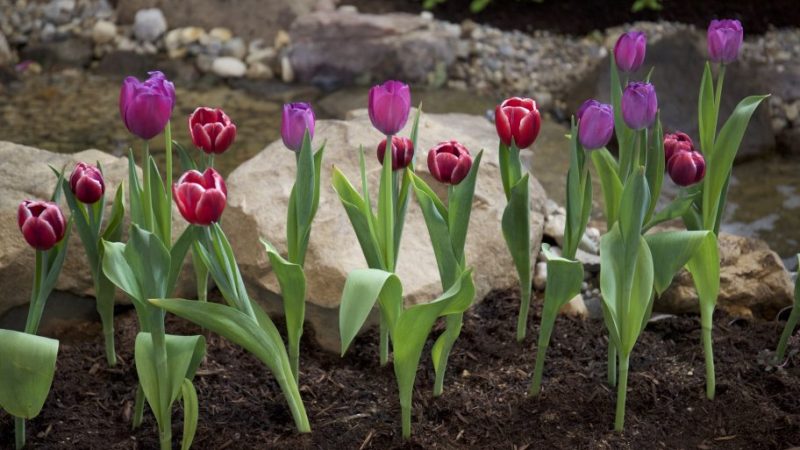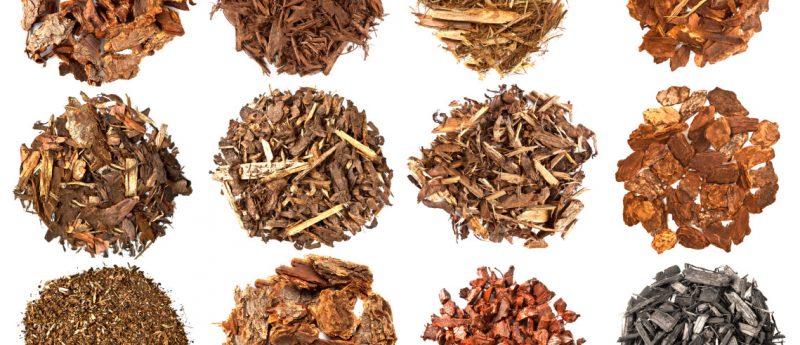Why Use Mulch?
 Australia is the driest inhabited continent in the planet. As such, any action that will efficiently conserve water is a good thing.
Australia is the driest inhabited continent in the planet. As such, any action that will efficiently conserve water is a good thing.
Mulching (and Why You Should Use It)
The number one rule for water conservation in the garden is to use mulch. By adding mulch into the garden, water loss can be minimised by up to 25%, increasing the water storage capacity in the soil and reducing evaporation rates. Mulching will also help suppress weed growth; bear in mind that weeds will compete with the plants for water and nutrients.
Different Materials You Can Use as Mulch
Compost – Although you can use compost on all the plants in your garden, it is more suitable for nutrient-hungry and rapidly growing plants like flowering annuals, fruit trees, and vegetables. Compost breaks down throughout several months. It improves the ability of the soil to retain water and nutrients. And since it is dark in colour, it will increase heat absorption. Be reminded, though, that this will favour weed growth as well.
Sugarcane Mulch – Obtained from dried sugarcane leaves, this kind of mulch adds a small amount of nutrient to the soil. Also, this acts as a conditioner, which boosts the soil’s ability to hold water and nutrients. It is best suited to areas that are regularly maintained, like vegetable patches. It can reflect sunlight, thus minimising loss of moisture and keeping the soil cooler.
Bark Mulch – This is made from different tree species. Barks must be composted before being used as mulch. Those with big particles are the best for most gardens. Use them on all kinds of plants, but be very cautious when applying them on herbaceous plants.
Straw – This is made from dried plant stalks left after crops were harvested. If it comes from legumes, it will break down more quickly, adding nutrients to the soil. But if it is from cereal crops, it will take longer to decompose. Since it is light in colour, it will keep the soil cooler.
Tea-tree Mulch – This is created from the residue left after tea tree has been processed for its medicinal oil. It can be used on all garden plants, most especially around long-term plantings.
Shrub and Tree Lopping Residue – Pruning in urban areas like Adelaide yields this type of mulch. It comes from different plant species. Do not use it fresh because it may contain toxins.

How long a certain type of mulch breaks down is determined by how fine or coarse the material is. Generally, fine mulch breaks down faster than coarse materials.
There are some mulch types that take nutrients away from the soil as they break down. In these circumstances, you might need to add manure before mulching. For more garden and landscaping tips, tune in for more Jim’s Mowing NZ blogs.


